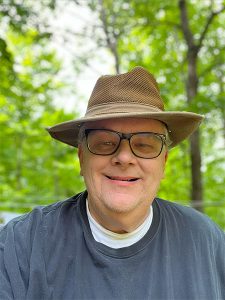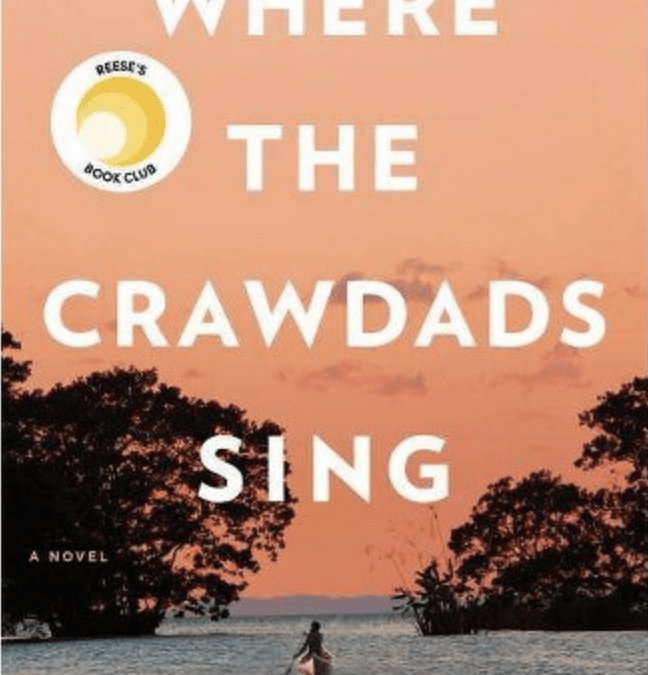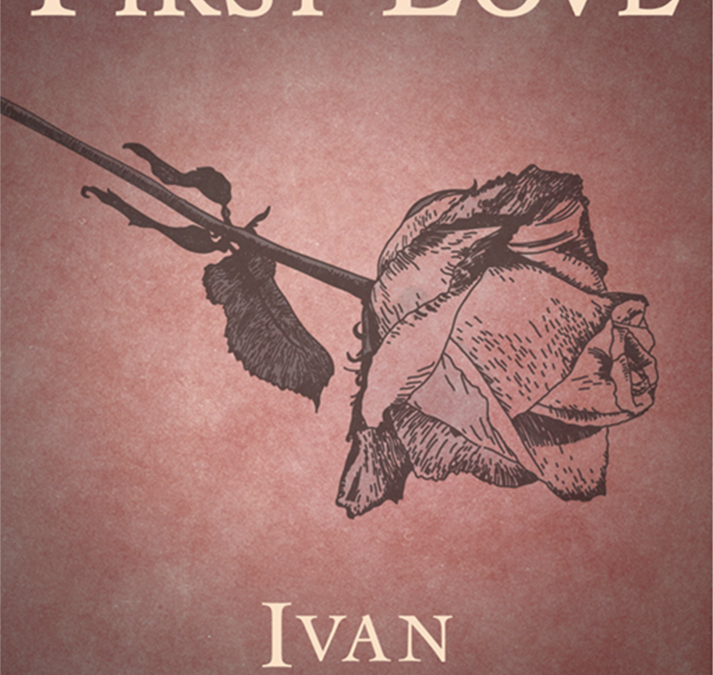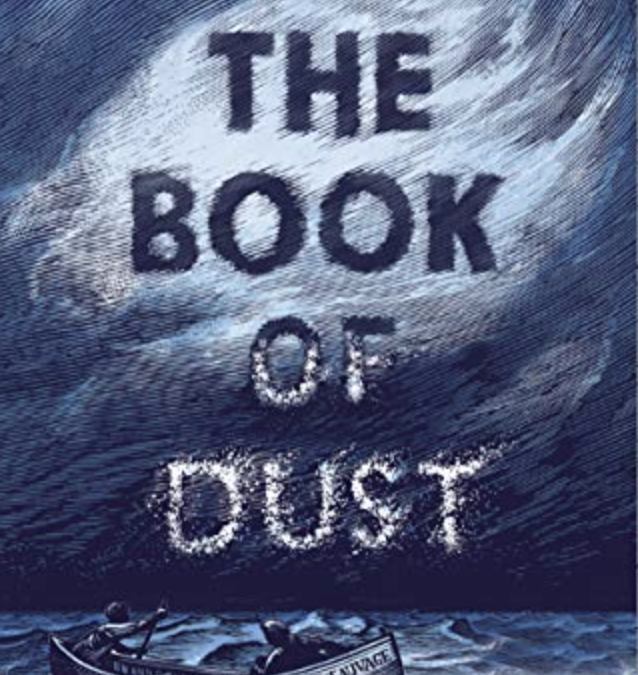Hemingway in Love—His Own Story
Hemingway in Love—His Own Story is a memoir written by A.E. Hotchner, a friend of the late Ernest Hemingway. Hotchner used letters and tape recordings of Hem to write the book, often using straight transcripts of Papa to fill the pages direct about topics, particularly of his marriage to his first wife Hadley, and second wife Pauline.

Hemingway In Love–His Own Story by A.E. Hotchner is a memoir about Ernest Hemingway and a very poignant book. A must read for any student of Papa.
The book gets into Hem’s paranoia about the FBI tapping his phones and what led to him receiving shock treatments, descriptions of how painful they were, not to mention how unsuccessful they were in treating his ailment—and then at the end reveal that Freedom of Information Act disclosures who how J. Edgar Hoover really was surveilling Hemingway after all.
But if one has any romantic feelings about how mystical and wonderful Hemingway’s life might have been, this book will remove some of that.
The parts about his being torn between his love for Hadley and Pauline are simply tragic.
After he lost both women, as predicted by F. Scott Fitzgerald, who told him to dump Pauline before he lost Hadley, his wife, Hemingway is truly torn with regret for the rest of his life. And it shows in this book. In fact, from Hotchner’s account, Hemingway spent the rest of his life looking to fill the hole in his soul left by the absence of Hadley.
This is a touching and rich book that is a must read for anyone who finds themselves studying Hemingway. He remarks and fills in the blanks about what he was thinking when he wrote several of his short stories and The Sun Also Risesand For Whom The Bell Tolls.
There are special ways that Hemingway talked in his day to day expressions we don’t hear anymore that come to life in this book. Ones I underlined and found colorful and clear.
“No matter what they tell you about reliving the past, it’s not a bridge, and you can’t go over it.”
“Poverty’s a disease that’s cured by the medicine of money.”
“They have remained in the museum of my mind.”
Like I said, this is a must-read book for anyone studying the nature and psychology of one of the most famous writers of the last 100 years. Reading his work is one thing. Hearing him talk about it is quite another. I’ll read this book a couple more times to see what I missed the first time. You should, too.






0 Comments